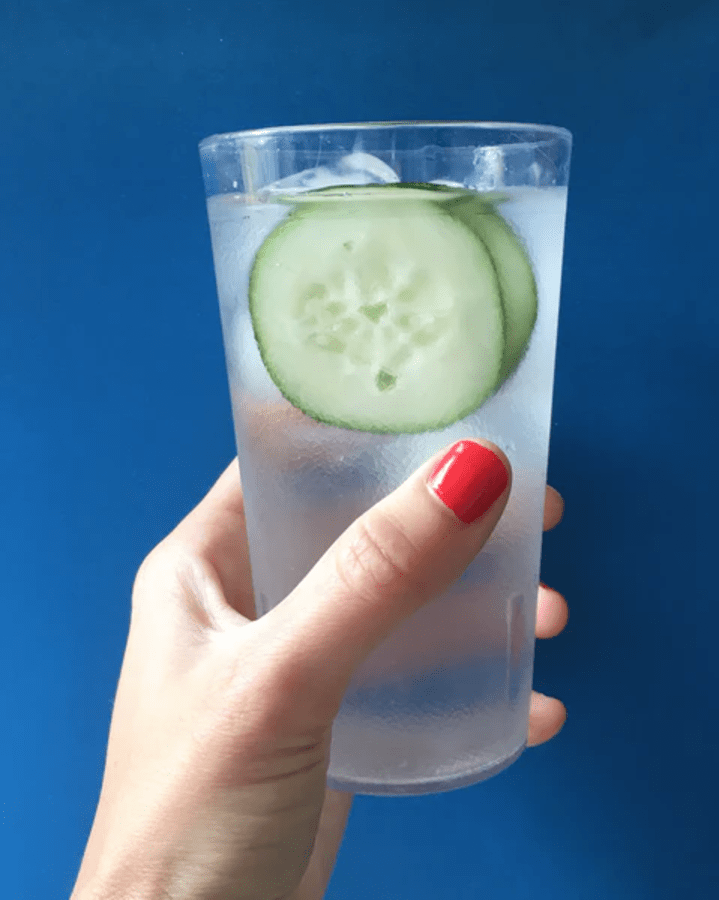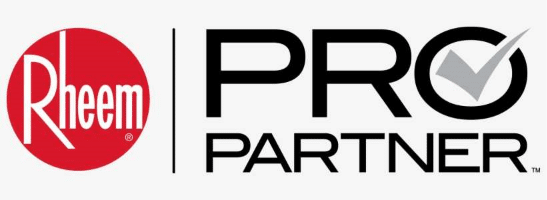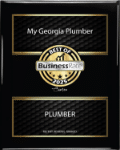
When Should You Question the Quality of Your Water?
Checking the quality of your water is easier than you might think. Start with a few simple steps:
Notice changes in:
- Taste, smell, or appearance.
- Water test results.
- Local water quality reports.
- Frequent “boil water” alerts from your county.
- Health impacts on children, pregnant women, or older adults.
- Specific health conditions that make water contaminants risky.
For minor issues like taste, smell, or color, many people use refrigerated water or Brita filters. But when it comes to more serious water quality concerns, a whole-house filtration system is often best.
Here’s What to Know
Start by checking your water’s composition through reliable sources like EWG’s Tap Water Database. Next, choose which contaminants are most important to filter out for your family and set a budget. With that info, you’ll know the best type of filtration system for your home.
The water filtration world can seem overwhelming, with countless filters, systems, and brands. To make things easier, here’s a good, better, best guide to filtration systems, focusing on effectiveness, features, and budget. This approach helps homeowners confidently choose a system that fits their needs.
Product-Based Water Filtration Options
The Good – Carbon Filtration with a Five-Micron Sediment + Salt-Free Cartridge
This basic system uses a carbon filter to reduce chlorine, chloramine, certain acids, PFOA, PFAS, herbicides, and pesticides. It also removes unwanted odors and improves taste. The additional cartridge catches larger particles like sand and silt, prevents scale, and even helps maintain water pressure by reducing buildup in your pipes.
Expect benefits like:
- Softer skin and healthier hair.
- Cleaner food and dishes.
- Reduced pipe buildup, which helps extend appliance life.
The Better – Granular Activated Carbon (GAC), High Activity Carbon (HAC), Ag Plus Filter, High-Density Filter, Ion Water Conditioner
This option offers a higher level of filtration and protection. It removes more contaminants like heavy metals, chlorine, pesticides, and volatile organic contaminants. This system provides clean, fresh-tasting water, free from odors, and effectively reduces water cloudiness.
With this filtration system, you’ll notice:
- Better hydration with improved digestion and circulation.
- Relief from skin dryness and irritation, leading to smoother skin and healthier hair.
- Reduced limescale and hard water deposits that help protect appliances and keep them running longer.
- Clearer, fresher-tasting water for drinking and cooking.
The Best – Whole Home Fluoride Filtration + Water Softener and SMART Filter
This top-tier system begins with a sediment filter to remove sand, dirt, and silt. A carbon cartridge follows, eliminating VOCs, pesticides, and other pollutants.
For fluoride, lead, and arsenic, the system uses specialized activated charcoal. This charcoal binds to these contaminants for consistent removal, even in water with varying pH levels.
An optional SMART filter adds extra layers, removing heavy metals, chlorine, medicines, and more. And for homes with hard water, a water softener ensures softer water that’s easier on your skin, pipes, and appliances.
Expect Benefits Like:
- Improved taste, smell, and clarity of water.
- Reduced health risks from contaminants like fluoride, chlorine, and heavy metals.
- Healthier skin and hair.
- Protection against hard water effects, extending the life of your appliances and plumbing.
Installation Factors to Consider
System Type and Complexity
Simple systems cost less to install, while advanced setups may need more expertise.
System Capacity and Flow Rate
Bigger households may need larger systems, which could mean more plumbing adjustments.
Water Source and Quality
Well, water or heavily contaminated water may need extra pre-treatment, adding to installation costs.
Location and Accessibility
Hard-to-reach plumbing spots may add labor and cost.
Additional Features
Services like water testing or leak detection may also increase costs.
Ready to ensure your home has clean, safe water? Look no further than My Georgia Plumber!
Water affects so much in your home—drinking, cooking, showering, and more. If you’re noticing changes in taste, smell, or appearance, or if you have health concerns, it’s time to consider a filtration system.
We offer options from basic filters to complete whole-house setups. Our experts will assess your water, discuss your needs, and work within your budget to find the perfect solution.
Don’t wait to address water quality concerns. Contact My Georgia Plumber today and safeguard your family’s health! Call us at 770-268-3639.











